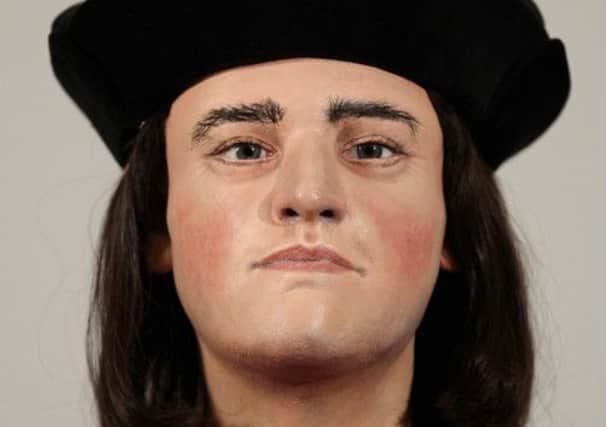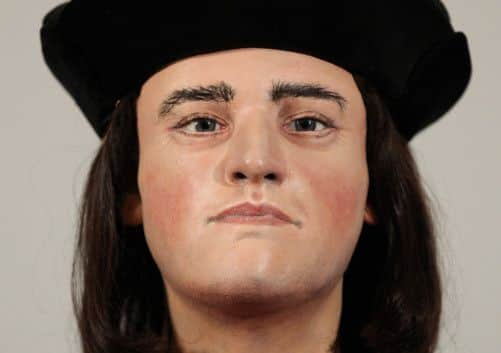Yorkist? No, Richard III was a Brummie, says expert


Dr Philip Shaw, from the University of Leicester’s School of English, used two letters penned by the last Yorkist king more than 500 years ago to try to piece together what the monarch would have sounded like.
He studied the king’s use of grammar and spelling in postscripts on the letters.
Advertisement
Hide AdAdvertisement
Hide AdThe university has now released a recording of Dr Shaw mimicking King Richard reading extracts from those letters.


Despite being the patriarch of the House of York, the king’s accent “could probably associate more or less with the West Midlands” than from Yorkshire or the North of England, said DrShaw.
“But that’s an accent you might well see in London - an educated London accent,” he said.
“Possibly even a northern one but there are no northern symptoms, so there’s nothing to suggest a Yorkshire accent in the way that he writes, I’m sorry to say for anyone who associates him with Yorkshire.”
Advertisement
Hide AdAdvertisement
Hide AdDr Shaw said although some of the writings would have been done by secretaries, the “quirks” of King Richard’s added notes provided an insight.
He said:”Like today, there were various dialects around the country. Unlike today, individuals were more likely to spell words in ways that reflected their local dialect.
“The language shows no evidence of northern English dialect features, largely reflecting the relatively standard, London-derived spelling system also used by Richard’s secretaries. However, there is also at least one spelling he employs that may suggest a West Midlands accent.”
Meanwhile, expert Bob Woosnam-Savage, part of the research team that identified the remains of England’s lost king, was at the Royal Armouries Museum in Leeds today, demonstrating the types of weapons that brought down Richard. Watch him on video by clicking the screen above.